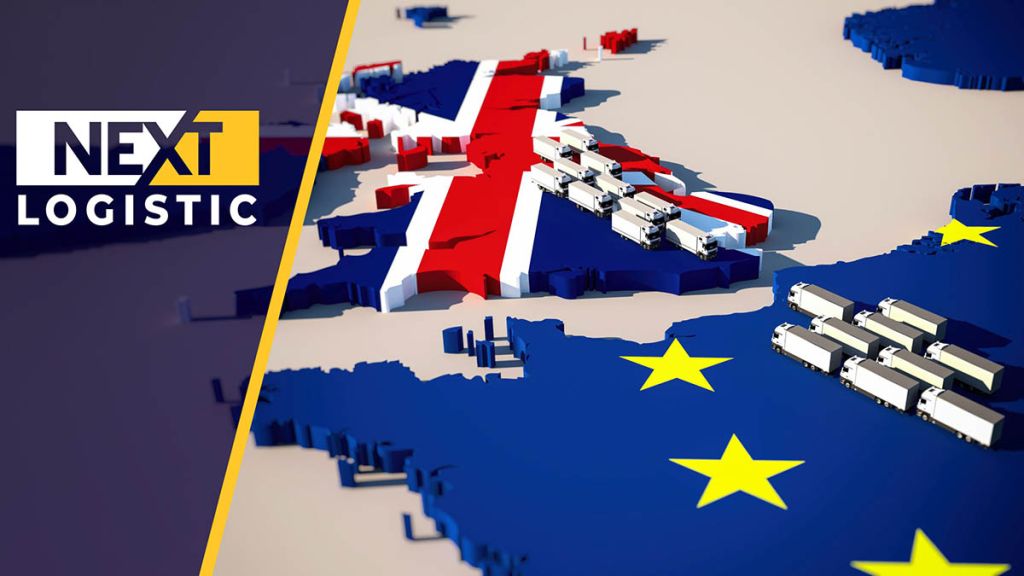Mobility Package and Brexit – impact on the transport sector
It is a well-known fact that transport plays a fundamental role in the economic and social development of our country. In recent years, the transport business has often proven to be a highly successful venture for those with bold and well-thought-out ideas, while outdated state-owned and municipal companies have been left behind.
Nevertheless, companies in the sector are facing significant challenges in the near future, stemming primarily from the potential implementation of the Mobility Package as well as the geopolitical uncertainty surrounding the negotiations between the European Union and the United Kingdom on a post-Brexit trade deal.
In the following, I will summarize the main obstacles that companies operating in the sector are likely to encounter in the near future.v
The transport sector plays a crucial role in Bulgaria’s economy. According to 2019 data, the industry contributed significantly to the country’s GDP – €2.8 billion, or 6% of GDP. Unlike most EU countries, where international transport accounts for about 35% of the sector, in Bulgaria this share is close to 80%.
For this reason, there is no doubt that the Mobility Package poses the greatest threat to Bulgarian carriers. The package requires:
trucks to return to the country of registration every 8 weeks;
drivers to return every 3–4 weeks, depending on their schedule;
a ban on taking the 45-hour mandatory rest inside the vehicle cabin.
These regulations will undoubtedly create serious barriers for companies from Eastern Europe and significantly reduce their competitiveness on the European market.
It is only natural that the greatest obstacle will be for the smallest players in the industry, who will find it harder to cover the higher costs and adapt to the changes. According to 2019 data, there are 12,700 registered transport companies in Bulgaria, with more than 75% of them operating with 5 trucks or fewer. The sector employs more than 42,000 people, with an average salary of just under €1,800. A KPMG study indicates that if the “Mobility Package” is adopted, more than half of the trucks will be forced to return empty. This will not only lead to higher fuel costs for carriers but also increase harmful emissions by more than 3%. According to the consultancy firm, the adoption of the package will cost Bulgarian companies €509 million annually, with the largest share of expenses being €155 million for fuel and €109 million for providing drivers with hotel accommodation. Fears over the potential adoption of the package have already driven major Bulgarian companies to purchase bases in Spain and Germany as a precautionary move to safeguard their business should the package be implemented in its original form.
According to a study by credit consultant Coface Group, published in the newspaper Monitor, 4,346 companies in the country — about 18% of the total number in the transport sector — are threatened in one way or another by the upcoming Brexit. Carriers will be among the most affected, as this will lead to a slight decline in demand, higher operating costs, and an exacerbation of the growing shortage of drivers. Nevertheless, studies suggest that the impact of Brexit, regardless of whether trade agreements are reached between the United Kingdom and the other EU member states, will not be as severe, since trade relations with the UK represent only a small share of Bulgarian carriers’ traffic. Still, the UK’s exit from the bloc will inevitably bring significant changes to the logistics landscape in Bulgaria. This is only natural, given that this type of business thrives best in a fluid and stable environment — two factors that will inevitably be strongly affected by Brexit.
Regardless of what specific trade agreement is eventually reached between the two parties (if any at all), the process will have a significant impact on the transport industry, as it will inevitably lead to higher costs and undoubtedly place a considerable administrative burden on operators. According to a study by the UK government, a Brexit without a trade deal with Europe would result in a 50% decline in truck traffic to the United Kingdom. Moreover, our drivers, along with everyone entering or exiting the UK, could face delays of more than two and a half days before crossing the border to or from France. This is why it is of utmost importance that the UK and the EU take the appropriate measures to facilitate this process, provide absolute clarity to operators, and allow them a sufficiently long transition period to adapt effectively to the new conditions. Nevertheless, the political uncertainty in the UK over the past year, along with the upcoming trade negotiations with the EU, means there are many possible outcomes, which has made it impossible for those in the industry to prepare adequately for the situation.
One of the possible solutions is the implementation of the TIR system, which has been used by tens of thousands of companies and has proven over time to be an efficient and effective solution for customs transit.
Some may argue that there are other obstacles for the transport industry, such as the introduction of the new toll system. However, given that, as already mentioned, international transport accounts for 80% of Bulgarian carriers’ operations, I believe this obstacle is incomparable to the ones outlined above.
In conclusion, the Mobility Package and the uncertainty surrounding a potential trade deal between the United Kingdom and the EU after Brexit are currently the two main challenges for the transport industry. They will, without any doubt, lead to a substantial increase in costs, a decline in revenues, and an extremely high level of uncertainty across the sector.
Share
Contact us
Fill out the form to request transportation services.
We will contact you as soon as possible.










